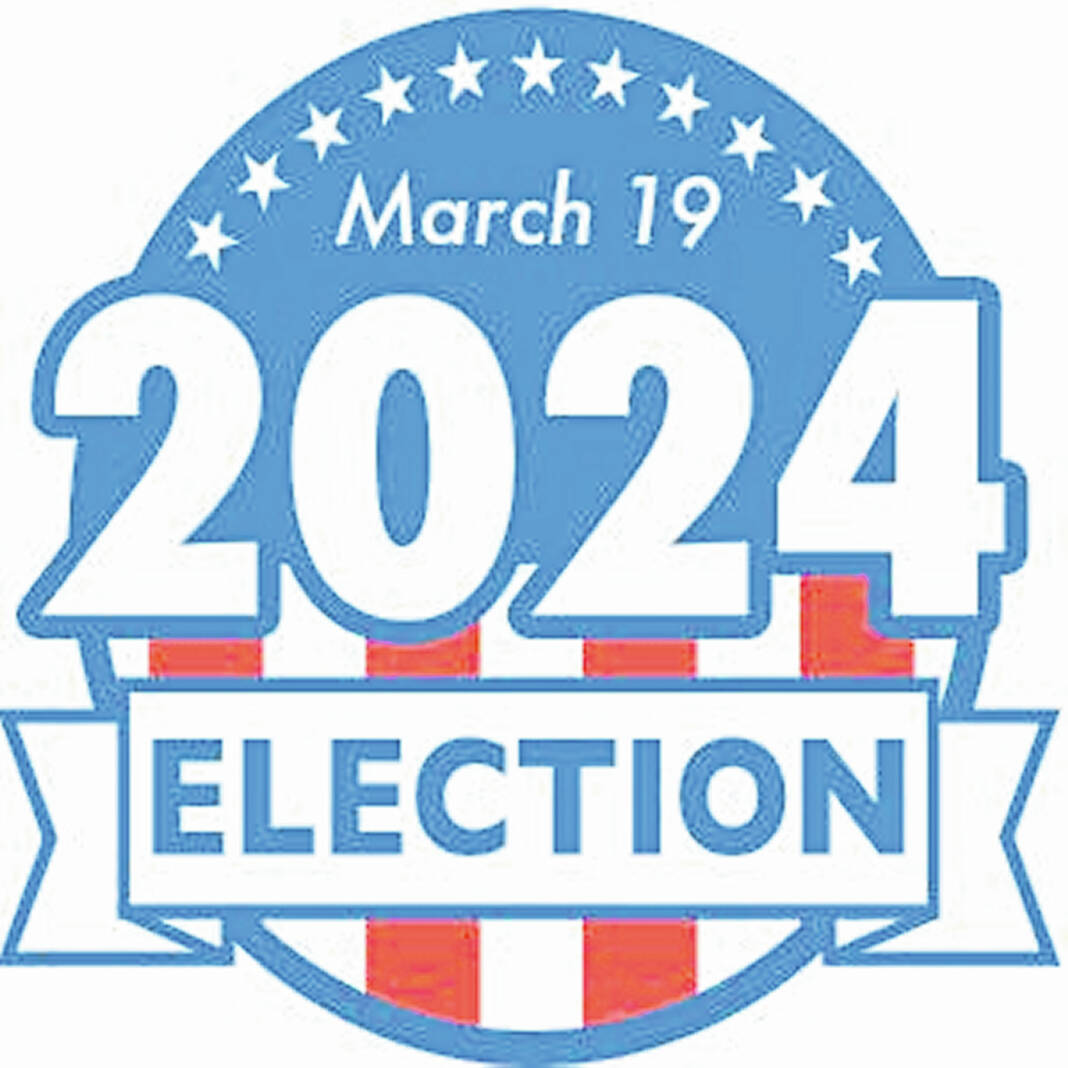
Next month, Delaware residents will have their say on a proposed income tax increase that local leaders suggest is imperative to maintaining the city’s quality of life in the coming years.
Last November, Delaware City Council voted to approve the ballot language for a pair of measures to be placed on the March 19 primary election ballot. The first issue proposes a five-year income tax increase of 0.35, which would move Delaware’s rate from 1.85 to 2.20%. If approved, 0.15 of the additional tax would be earmarked for street improvements, and 0.15 would be earmarked for the city’s Capital Improvement Plan. The remaining 0.05 would contribute to the city’s General Fund.
The tax proposal is estimated to generate an additional $7 million annually over five years. The additional revenue would address streets, alleyways, and other infrastructure in need of repair and maintenance, as well as support economic development and municipal services.
If approved, the tax would go into effect beginning Jan. 1, 2025, and voters would have the opportunity to renew or end the levy after the five-year term.
“We have a beautiful city, and we want to see it stay this way for many years to come,” City Manager Tom Homan said. “This funding formula will ensure we’re able to maintain the quality of life that makes Delaware so special while enabling us to make needed improvements to maintain our infrastructure.”
Should the levy fail, the city suggested Delaware City Council would continue to analyze city expenditures to address the revenue shortfall, including the potential reevaluation of the council-authorized income tax credit residents enjoy when working outside Delaware.
“The city will be greatly limited in its capacity to fund essential services and address pressing community needs,” Community Affairs Coordinator Lee Yoakum warned. “This will have a direct impact on residents’ quality of life, including revenue shortfalls, continued deterioration of roads and public spaces, reduced recreation services, and less local business growth.”
Last December, as part of the budget approval process, Homan detailed the strain the city is facing with its funding shortfall and some of the primary factors that have forced the city’s hand with the levy. In addition to already having one of the lowest income tax rates in the area for a city that continues to grow quickly, the city is also covering the revenue shortfalls in the Delaware Municipal Court, which saw a 56% decrease in the number of new cases last year compared to 2017.
Over the past two years, the city has been able to absorb the court’s shortfall in revenue with federal funds from the American Rescue Plan Act. With those funds no longer available, the city is now forced to dip into its General Fund to foot the bill.
“Every budget I have proposed over the last 25 years presented challenges and opportunities,” Homan stated in a letter accompanying the approved 2024 budget. “This year’s budget, however, presents an issue of unprecedented magnitude: a transfer of $1.8 million from the General Fund balance to fund municipal court operations.
“Fortunately, the city’s reserve is available to offset the funding gap for 2024. Had this not been the case, budget cuts of a nearly equal amount would have been required.”
Homan called the revenue gap filling unsustainable and noted, “Absent a new revenue source, General Fund operations will be negatively impacted in the future.”
In addition to the income tax levy, voters will also see a renewal of sorts for the existing 0.15% parks levy approved by voters in 2008. Should residents vote to make the levy permanent, it would allow the Parks and Recreation Department to utilize those funds for operating purposes rather than only toward debt services as the levy is currently implemented.
Last October, Parks and Recreation Director Ted Miller said of the measure’s significance, “We have a lot of parks that are very old now and need updates. We’re just trying to make sure we can keep these parks open and update them the way they want to be. Really, what it comes down to is clean restrooms, no trash, and good facilities in the parks. That’s really what goes a long way toward the level of services within the park.”
Reach Dillon Davis at 740-413-0904. Follow him on Twitter @DillonDavis56.

